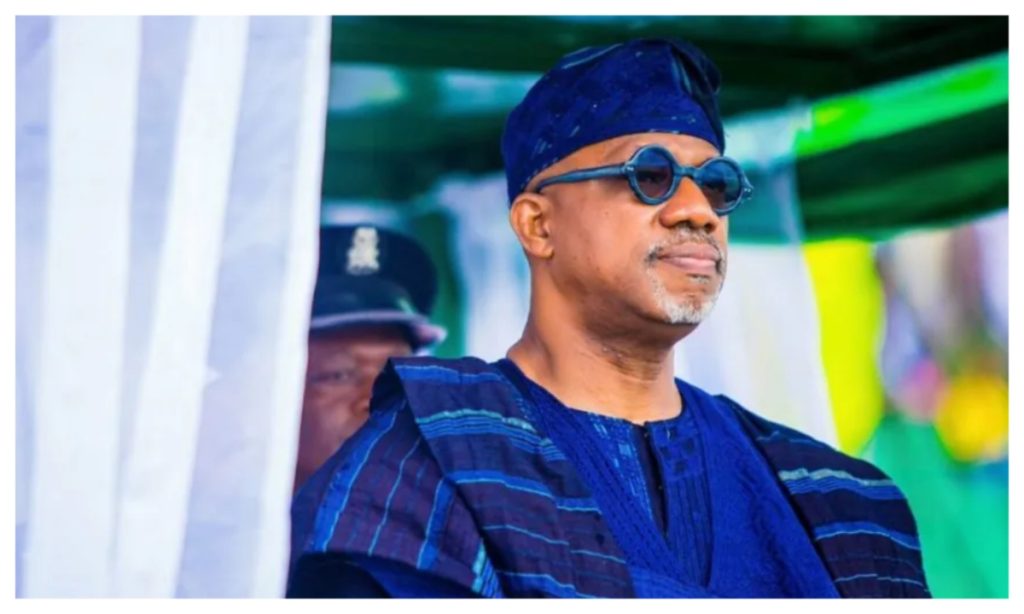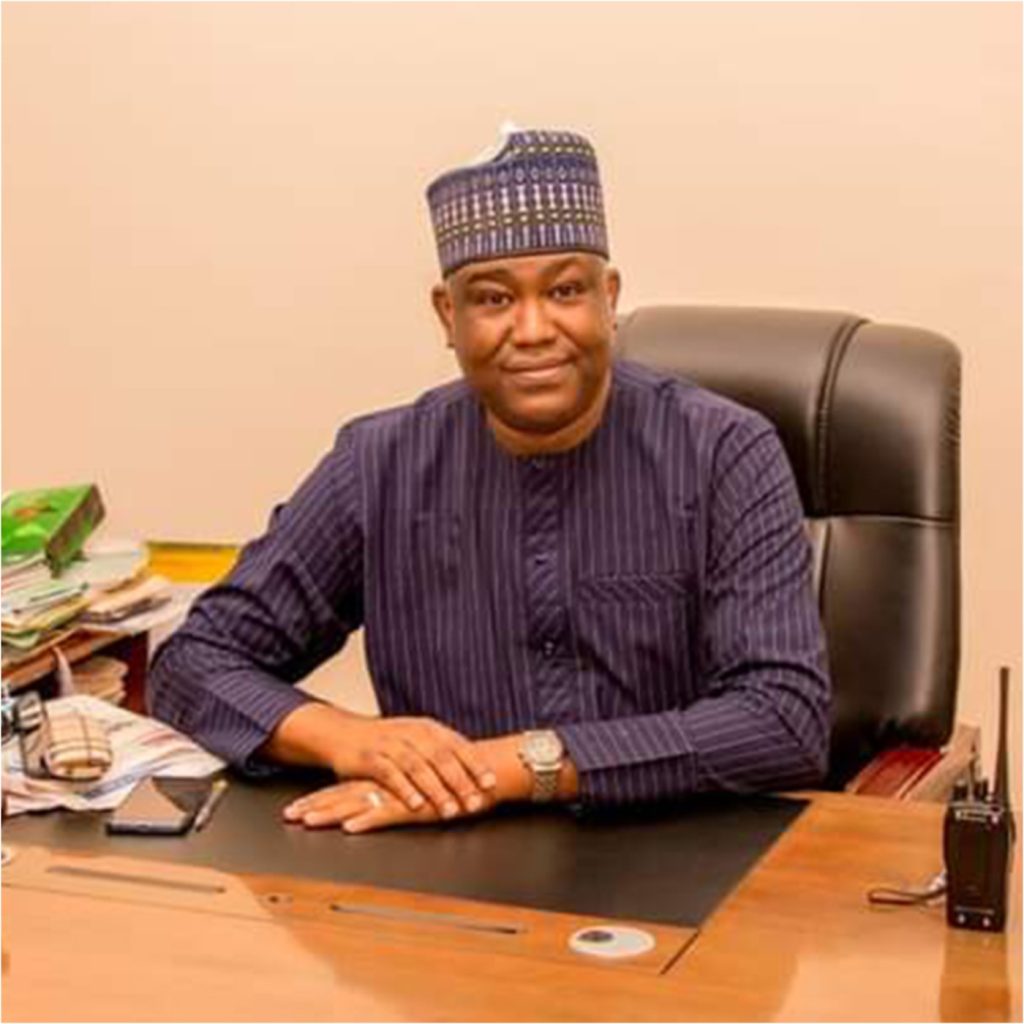Zimbabwe’s mineral wealth is a natural wonder, with the earth rich in metal ores like gold, lithium, diamond, granite, and coal. Despite decades of exploitation by colonizers, the country’s resources remain vast. The potential for transformation is immense, with the opportunity for rapid economic and infrastructure development that benefits citizens and promotes sustainable growth in mineral-rich communities.
However, the residents of Hwange have a different story to tell. Coal mining activities by Chinese-owned companies like Tutu Investments and Dingson Colliery have led to environmental disruption, ecological damage, global warming, climate change, and human-wildlife conflict in the region.
Marlvin Daka, team leader for Vostale Creatives Trust, highlights the presence of fourteen Chinese-owned mining companies operating in Hwange District, contributing to air and water pollution, as well as rising temperatures. The once-thriving wildlife town of Hwange has now become a mining hub, with Chinese companies contracted by the government to improve electricity generation capacity.
President Emmerson Mnangagwa’s administration has been granting mining concessions to Chinese companies as part of efforts to attract foreign direct investment and achieve economic growth. However, concerns have been raised about the environmental impact of these operations, with communities like Dinde facing displacement and pollution of water sources.
Despite being a signatory to international climate change conventions, Zimbabwe continues to rely on fossil fuels for electricity generation, intensifying investments in the coal mining industry. This has led to conflicts with local communities, who are experiencing health risks and environmental degradation due to coal dust pollution and water contamination.
The Greater Whange Residents Trust and civil society organizations like the Zimbabwe Environmental Lawyers Association have been advocating for stronger environmental regulations and transparency in the mining sector. However, challenges remain, with reports of Chinese companies violating environmental protection orders and causing pollution in rivers.
As Zimbabwe aims to achieve a $12 billion mining economy by 2023, concerns are growing about the impact on local communities and the environment. The reliance on resource-backed loans from Chinese banks raises questions about the country’s debt sustainability and the long-term consequences of mining concessions.
In the midst of these challenges, organizations like Vostale Creatives Trust continue to empower vulnerable communities in Hwange, highlighting the need for sustainable development practices and responsible mining operations. The road to economic growth must prioritize the well-being of citizens and the preservation of the environment.
This article was produced with support from the Africa-China Reporting Project at the Wits Centre for Journalism, University of the Witwatersrand, Johannesburg, to shed light on the complexities of Chinese investment in Zimbabwe’s mining sector.



